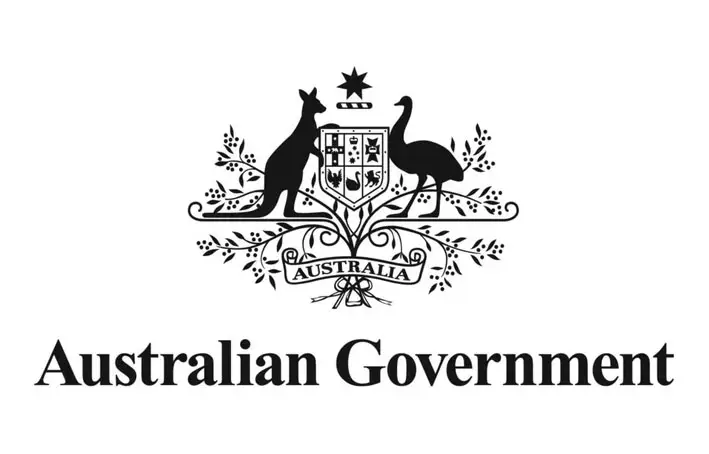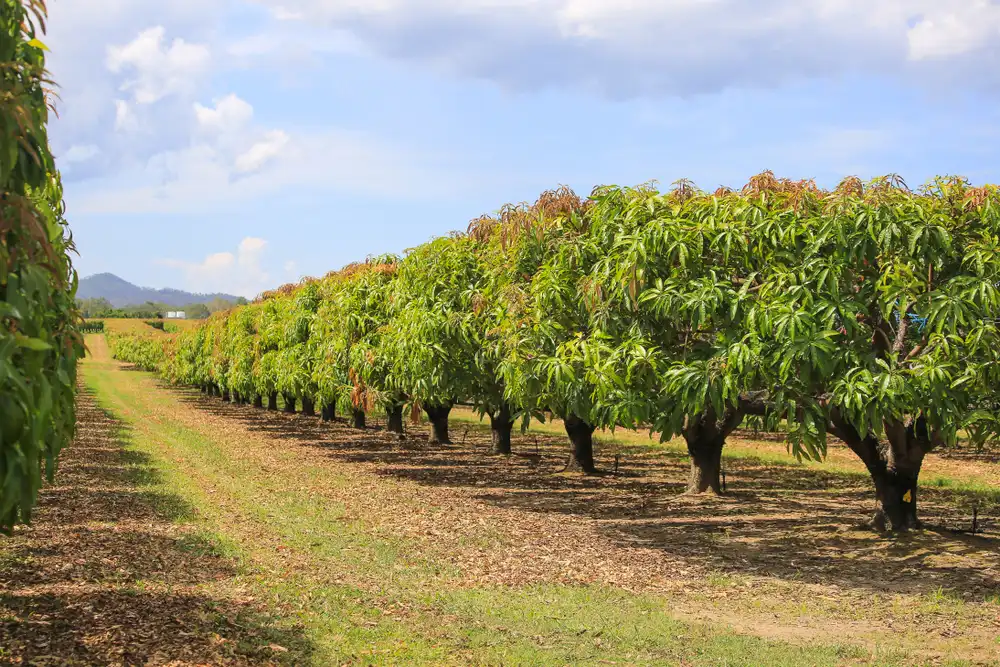Media Release 30 March 2020
Three Queensland natural resource management groups will share in $5 million of federal funding to help control the spread of prickly acacia in communities in the state’s north impacted by last year’s floods.
Minister for Agriculture, Water and Emergency Management David Littleproud said prickly acacia was regarded as one of the worst weeds in Australia.
“This is an invasive woody shrub that can severely thwart agricultural productivity and threaten biodiversity,” Minister Littleproud said.
“It spreads rapidly, reduces pasture and transforms grasslands into thorny scrubland.
“This federal funding is part of the north Queensland flood recovery and will enable intensive action to identify, reduce and mitigate risks associated with prickly acacia following the floods in January and February 2019.
“The floods saw prickly acacia seed pods washed downstream, helping it to establish in areas where it previously had not been.
“The federal funding will support local natural resource management groups to work with affected landholders to manage the spread and impact of the weed through mechanical removal, burning and herbicide control.
“The Federal Government understands the need to protect the productivity and profitability of Queensland agriculture by managing the threat of prickly acacia.
“Each year weeds cost our farmers around $4 billion in weed control activities and lost agricultural production, with the economic impact of prickly acacia on Queensland graziers estimated at $5 million every year.
“The Federal Government assured the communities that we would put in our $5 million, while the Queensland Government continues to renege on their initial commitment of $5 million.
“This funding is in addition to the considerable investment the Coalition Government has made since 2014 including over $15 million towards a range of projects to manage weeds such as prickly acacia.”
Natural resource management groups Desert Channels Queensland, Southern Gulf NRM and Northern Gulf Resource Management Group will share in the $5 million funding.





